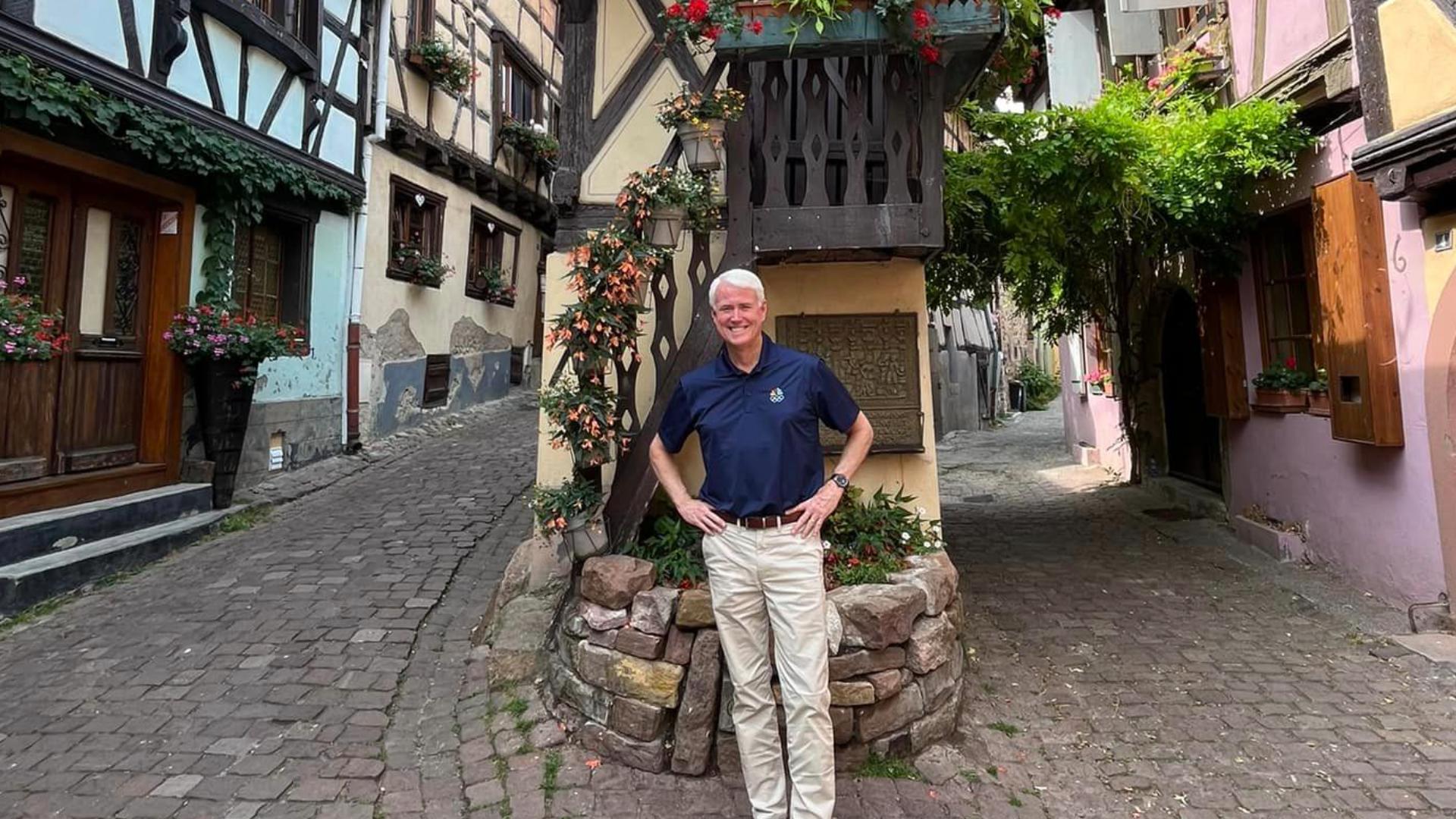An investigation commissioned by the World Anti-Doping Agency has confirmed allegations of widespread doping in Russia, including swapping of samples provided by doped athletes during the Sochi Olympics.
At a news conference on Monday, Richard McLaren, who was commissioned by WADA to lead the investigation, revealed a report that detailed a system in which the Moscow lab protected doped Russian athletes, the Sochi lab swapped samples from doped Russian athletes to allow them to compete in the Games and that the Ministry of Sport “directed, controlled and oversaw the manipulation of athlete’s analytical results or sample swapping” with the assistance of both labs and Russian security services.
McLaren said the findings in the report were established beyond a reasonable doubt and could be cross corroborated.
“I am unwaveringly confident in our report,” McLaren said.
McLaren said the system was in place after the 2010 Olympics in Vancouver and at least through August 2015.
When asked about which sports were involved in the doping coverup, McLaren referred to a table in his report. The table shows 28 Olympic sports, both summer and winter, impacted by the system by which the sports ministry worked with the Moscow lab to cover up positive test results. Athletics and weightlifting are the top two, followed by non-Olympic sports and Paralympic sports. The next three on the list are summer events.
Asked about specific sports included in the Russian system, McLaren said it "covers the vast majority of the sports."
He also said cheating occurred at the 2013 track world championships in Moscow and the 2015 swimming world championships in Kazan.
Dr. Grigory Rodchenkov, the former director of the Moscow lab, first made his allegations to the New York Times in mid-May, telling the newspaper that he had come up with a doping system for several Russian athletes competing in the Sochi Games. At the direction of the Russian sports ministry, Rodchenkov claimed, he was directed to swap out clean urine collected from those athletes months before the Games (and before they started doping) for urine that was collected after competition.
Rodchenkov said that he was assisted by a man he believed worked for the Russian security service who had broken into bottles previously thought to be tamper-proof.
WADA responded to the allegations by launching a second investigation into Russian doping to be headed by McLaren, a Canadian professor who was part of the independent commission that conducted the investigation into doping in Russian athletics in 2015.
That investigation concluded in November that state-sponsored doping existed in track and field. It and documentaries from German broadcaster ARD relied on evidence from whistleblower Yuliya Stepanova, an 800-meter runner, and Vitaly Stepanov, her husband and a former Russian Anti-Doping Agency (RUSADA) employee.
The second part of that WADA independent commission report, released in January, revealed corruption at the highest levels of the International Association of Athletics Federations that included accepting bribes to cover up positive drug tests from Russian athletes.
In the wake of the investigation and sanctions, Russian sports officials and athletes have sought to discredit the whistleblowers. Stepanova, who has left Russia and lives with her family at an undisclosed location in the United States, has been called “Judas” by President Vladimir Putin and fellow athletes. Russian sports minister Vitaly Mutko told the New York Times this month that Rodchenkov “created traps” for athletes.
Yet signs that the ministry was involved in covering up positive doping tests and that Russia has been slow to change its culture of doping have been evident for more than a month.
In announcing its decision in June to extend a ban of Russia’s track and field team, one which would keep it out of the Rio Olympics, the IAAF made clear a culture of tolerance to doping remains in the country.
A taskforce charged with evaluating whether Russia met the verification criteria for reinstatement that was put in place when the first WADA report was released in November determined that while progress had been made, it was not enough to allow Russia to compete internationally.
Among its findings was that Russia’s Olympic Committee and sports ministry “have adopted at best a highly ambivalent attitude” toward Stepanova in spite of a requirement to create an environment that encourages whistleblowing.
The task force noted a preliminary finding from McLaren’s investigation that there is sufficient evidence of “a mandatory state-directed manipulation of laboratory analytical results” in the Moscow lab from at least 2011 forward in which the sports ministry advised the lab which findings to report to WADA and which to cover up.
A WADA report released earlier in June detailed attempts at obstruction, obfuscation and avoidance of drug testing in the country as recently as May.
Russia and several individual athletes have challenged the ban in the Court of Arbitration for Sport, which is set to rule on Thursday.
In banning Russia, the IAAF made a change to its rules that would allow individual athletes to apply for exceptional eligibility to compete provided they could show they had been subject to effective anti-doping systems in other countries and that they had not been tainted by the Russian system.
Stepanova was the first granted such an exception by the IAAF, and she competed in the European Championships earlier this month.
Long jumper Darya Klishina, who trains in Florida, also received exceptional eligibility. The IAAF previously said it expects only a few athletes to fit the criteria for such an exception. It had received 136 applications from Russian athletes when it announced Klishina’s exemption earlier this month.
To be decided is if those athletes can compete in Rio and whether they would do so as neutral athletes, which the IAAF codified in its rule change, or under the Russian flag, which International Olympic Committee president Thomas Bach has said would be the case.
The Rio Olympics open Aug. 5.


